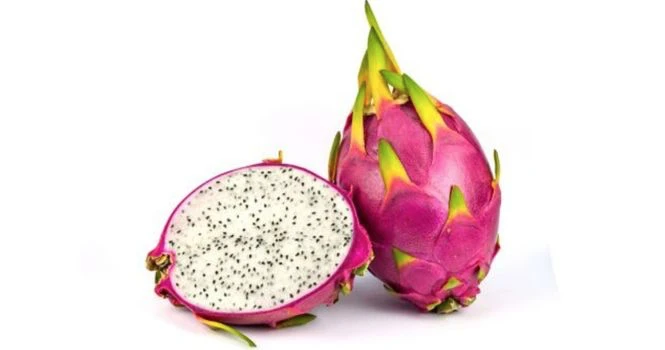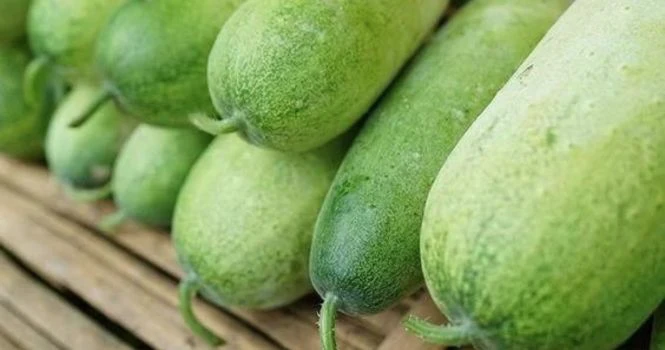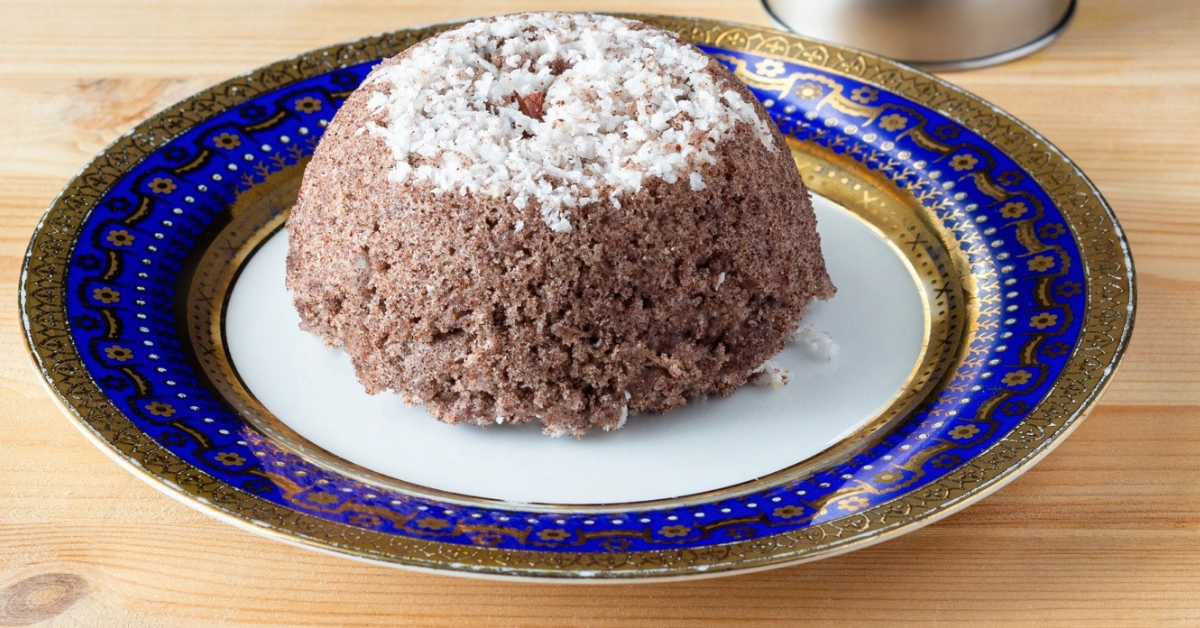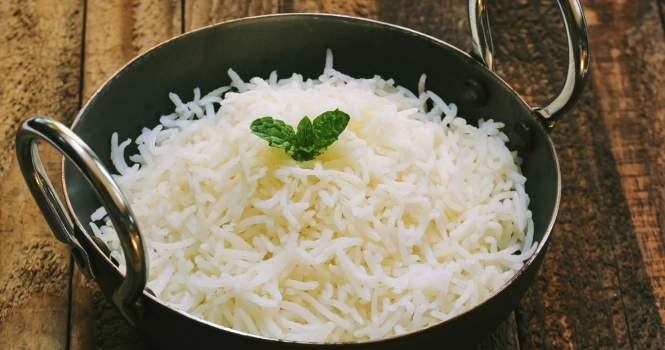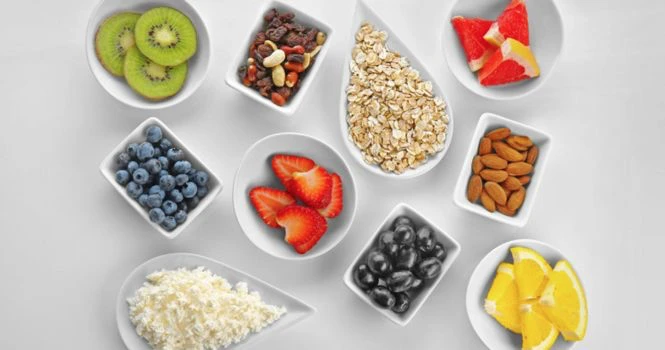Eating Rice During Jaundice: What You Need to Know
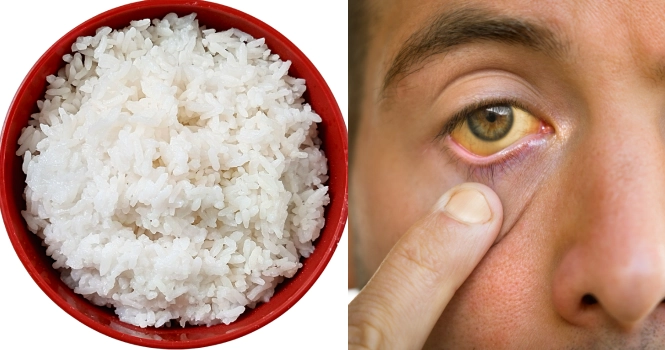
Jaundice is a condition characterized by the yellowing of the skin and the whites of the eyes, caused primarily by an increase in bilirubin levels in the blood.
It can result from various underlying health issues, such as liver diseases, bile duct obstruction, or hemolytic anemia.
When it comes to dietary considerations during jaundice, many people wonder,
“Can we eat rice during jaundice?”
Let’s explore in detail to provide a clear and comprehensive understanding.
The Role of Diet in Jaundice Recovery
Diet plays a crucial role in managing and recovering from jaundice, as the liver, the organ often affected by this condition, is heavily involved in digestion and metabolism. A diet that supports liver health and function is recommended, which typically includes easy-to-digest foods that don’t overburden the liver.
Rice and Digestibility
Rice, especially white rice, is considered a low-fiber, easily digestible grain, making it a suitable option for individuals with jaundice. Its mild nature and low fat content mean it’s less taxing on the liver compared to heavier, richer foods. Here are some points to consider:
- Gentle on the Digestive System: White rice, being low in fiber, is gentle on the digestive system, which can be beneficial during jaundice when the liver’s functioning might be compromised.
- Provides Energy: Rice is a good source of carbohydrates, providing the necessary energy without exerting excessive pressure on the liver.
- Versatility: Rice can be prepared in a bland form, such as boiled rice or rice porridge, which is ideal for those recovering from jaundice and seeking non-irritating food options.
Considerations for Eating Rice During Jaundice
While rice can be part of a jaundice recovery diet, there are a few considerations to keep in mind:
- Opt for White Rice: Whole grain varieties like brown rice, while nutritionally superior, are higher in fiber and may be harder to digest for someone with jaundice.
- Moderation is Key: Despite its digestibility, rice should be consumed in moderation to avoid overloading the digestive system.
- Balance with Other Foods: Pair rice with other easily digestible foods, such as boiled vegetables or lean protein like chicken or fish, cooked without excessive oil or spices.
Pay Attention to Your Body’s Signals
It’s essential to listen to your body and observe how it responds to different foods during your recovery from jaundice. What works for one person may not work for another, so it’s crucial to tailor your diet to your individual needs and reactions.
Consult Healthcare Professionals
Before making significant dietary changes during jaundice, especially if underlying conditions are involved, it’s important to consult healthcare professionals. They can provide personalized dietary advice based on your specific health situation, ensuring that your diet supports your recovery effectively.
Rice, particularly white rice, can be a suitable dietary option for those recovering from jaundice due to its digestibility and gentle impact on the digestive system.
However, it’s important to consume it in moderation, in a balanced diet, and to consider individual tolerance levels. Always consult your doctor for tailored dietary advice during jaundice to ensure your diet supports your path to recovery.
Frequently asked Questions
Can we eat Poha during Jaundice recovery?
Yes, you can eat poha during jaundice recovery. Poha, made from flattened rice, is light, easy to digest, and low in fat, making it a suitable food option for those recovering from jaundice. However, it’s important to prepare it with minimal oil and avoid adding heavy spices. Pairing it with mild, nutritious ingredients like boiled vegetables can help support recovery. Always follow any dietary guidelines provided by your doctor or nutritionists.



